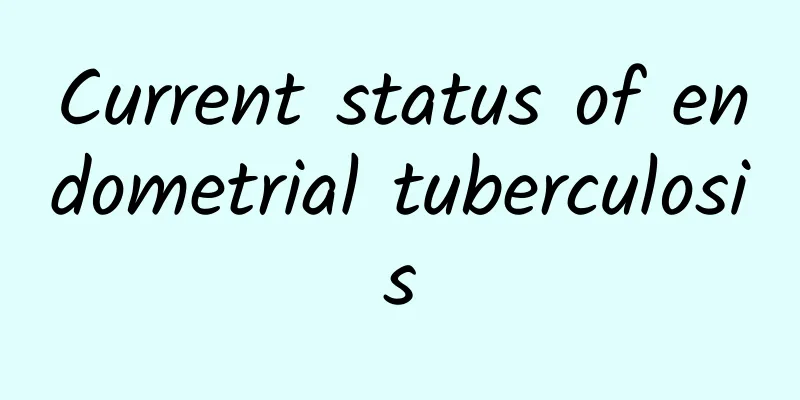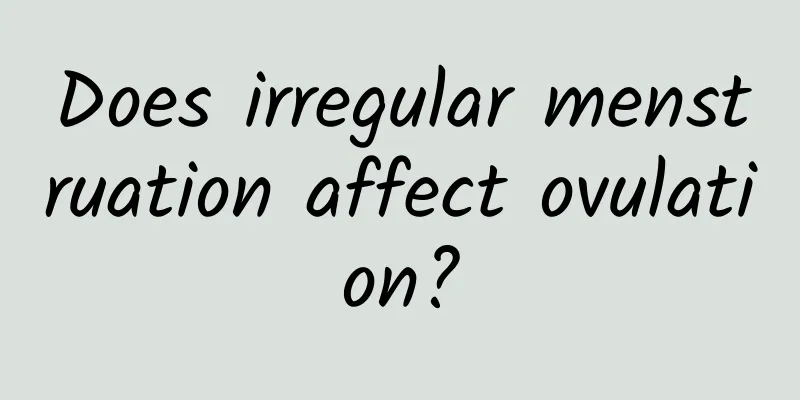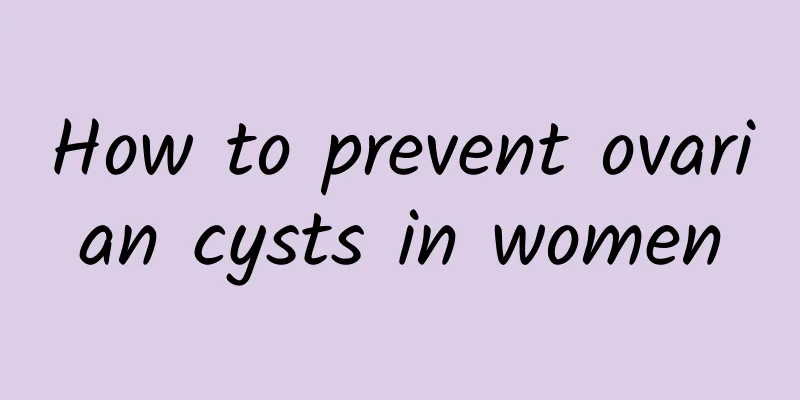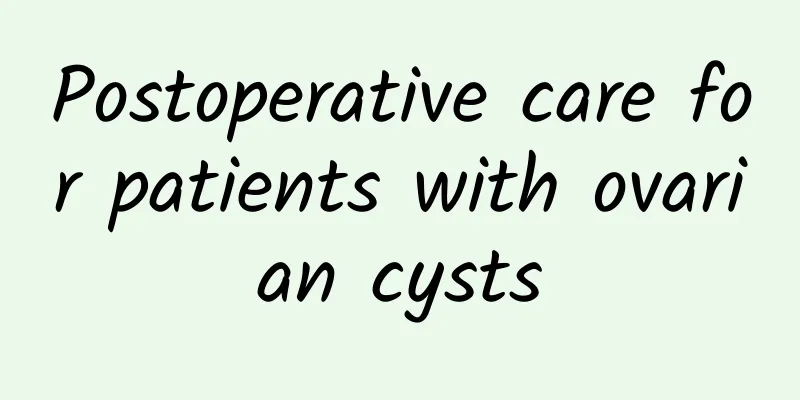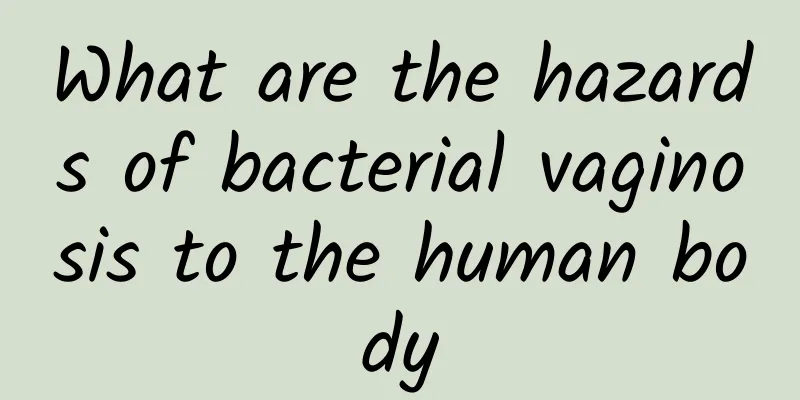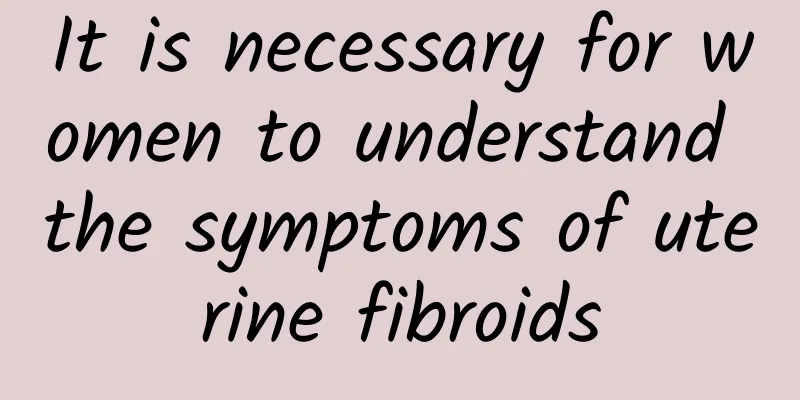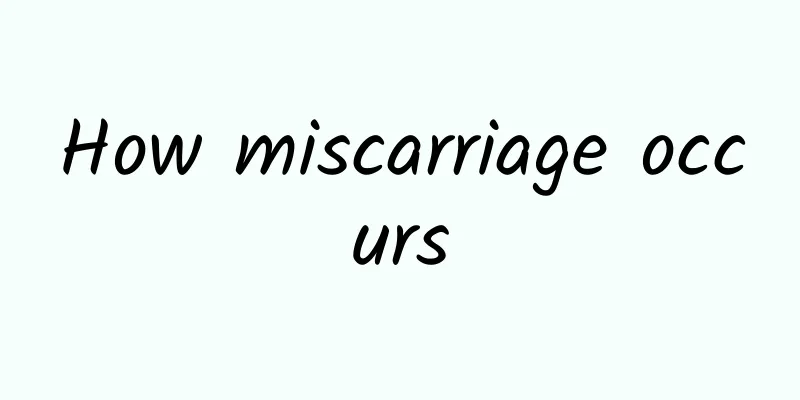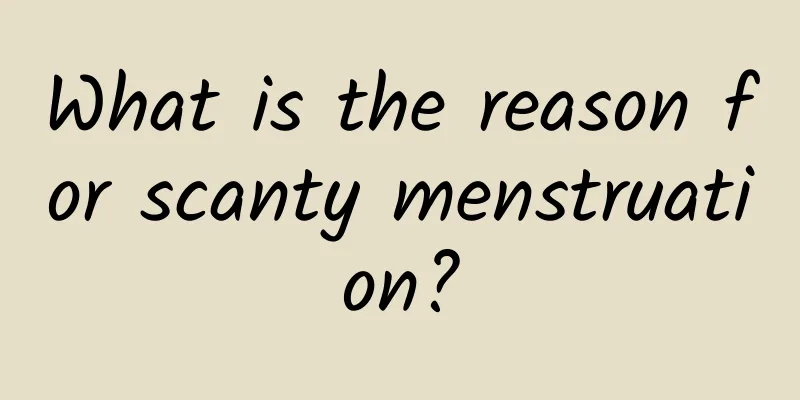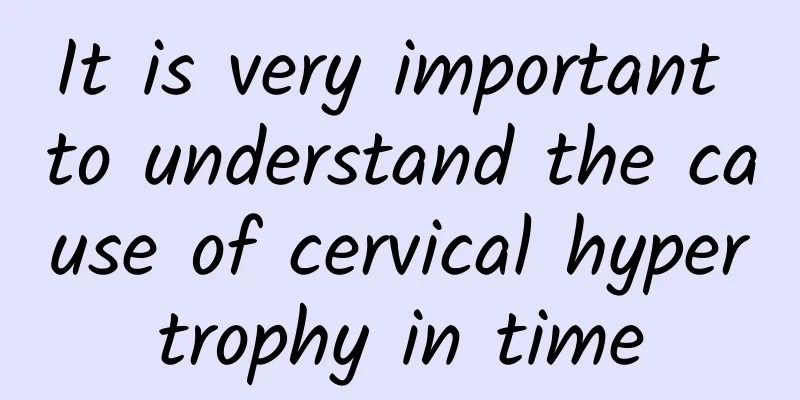Treatment of uterine fibroids The high-risk population for uterine fibroids is over 40 years old
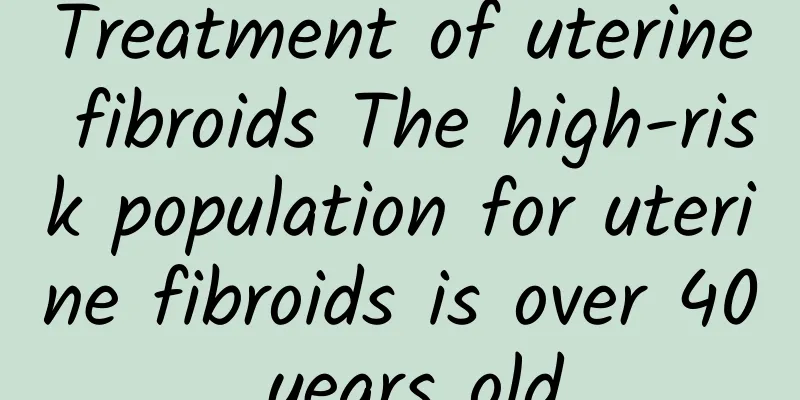
|
Regarding this issue, we asked the hospital's experts to explain it to everyone. The specific treatment methods are as follows: First, observe carefully. Uterine fibroids are asymptomatic and small in size, and should be rechecked every 3 to 6 months. Age is over 40 years old, and the amount of bleeding is not large. There is no malignant lesion after the diagnosis of scratching. It can also be rechecked every 3 to 6 months and given proper rest. The tumor has no obvious changes, no bleeding or the bleeding is not severe, and the fibroids gradually shrink after menopause. 2. Myomectomy. Women under 35 years old, who have not given birth, have unobstructed fallopian tubes, and have no malignant tumors should try to undergo myonucleiectomy to maintain fertility. The main risk of myomectomy is bleeding. In the future, pregnancy should be alert to uterine rupture and placenta implantation, so selective cesarean section should be performed at the full moon. Third, hysterectomy. Multiple uterine fibroids, pregnancy longer than 3 months, obvious symptoms, and offspring; uterine fibroids pregnancy longer than 6 months, no symptoms, should be treated with total hysterectomy, and ovarian conservation depends on the patient's age and ovarian condition. 4. Radiation therapy. In the past, it was one of the methods for treating uterine fibroids, especially for those who were dangerous for surgery and had clinical symptoms. At present, it is only implemented in individual cases, and most people think it is unnecessary. Radiation therapy will also cause loss of ovarian function. Experts point out that there are two main misunderstandings in the treatment of uterine fibroids: Myth 1 of hysterectomy: Many patients think that they will be fine after myomectomy, but this is not the case. Some patients experience irregular vaginal bleeding within three months after myomectomy. After examination, new myomas were found growing under the uterine mucosa. In order to effectively prevent recurrence, it is necessary to use drugs systematically according to the onset link, adjust hormone and phase receptor levels, and ensure the balance of organ function. Misunderstanding 2 of uterine fibroid treatment: Some patients believe that drug treatment can cure uterine fibroids. In fact, drug treatment cannot cure uterine fibroids. Although hormone drugs can reduce estrogen levels and relieve the symptoms of the disease, they cannot cure it and the side effects are relatively large. We should actively treat the disease and not ignore it, but also pay attention to some medical care matters. In order to avoid misunderstandings about treatment, patients should pay attention to diagnosis and examination. After the disease is diagnosed, it should be observed for a period of time. If it is under fibroids, no treatment can be done. |
<<: What are the symptoms of uterine fibroids? What are the prevention methods of uterine fibroids?
>>: How to treat multiple uterine fibroids? What are the treatments for multiple uterine fibroids?
Recommend
What are the symptoms and treatment of adenomyosis?
Adenomyosis is a disease caused by the invasion o...
What are the symptoms of candidal vaginitis?
What are the symptoms of candidal vaginitis? What...
What are the dangers of cervical erosion
If you suffer from cervical erosion, you should a...
What are the symptoms of ovarian cysts?
Ovarian cysts usually have no obvious symptoms in...
Detailed explanation of the cost of threatened abortion
Conceiving a child is not an easy thing, but many...
3 movements to lift your buttocks and easily get a firm and perky butt
[Key points]: Flat buttocks are a pain in the hea...
How long does it take to recover after minimally invasive surgery for uterine fibroids?
Generally speaking, the wound will be basically h...
Understanding the signs of ovarian cysts can help detect the disease early
If the following symptoms occur, women should pay...
Why is there always blood after menstruation?
Why is there always blood after menstruation? It ...
What is the cause of vulvar leukoplakia?
Many female friends who suffer from vulvar leukop...
Is the cure rate for polycystic ovary syndrome high?
Women with polycystic ovary syndrome have a very ...
Symptoms of threatened miscarriage in early pregnancy
After becoming pregnant, pregnant mothers have a ...
Avocado is a great aid in weight loss on the ketogenic diet! Nutritionist Wei Yifen reveals: 5 unexpected health benefits of avocados
In recent years, the ketogenic diet has become a ...
Menstrual health exercises can effectively relieve dysmenorrhea
In addition to conventional clinical treatments, ...
How to treat chocolate cyst
Chocolate cysts are also called ovarian endometri...
